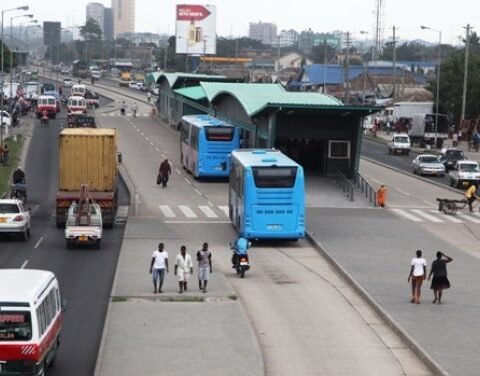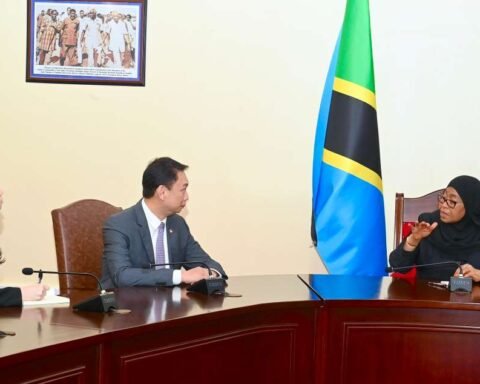Tanzania has officially inaugurated one of Africa’s largest Compressed Natural Gas (CNG) mother stations, a major milestone in the nation’s drive toward cleaner and more sustainable transport solutions.
Strategically located along the Dar es Salaam Rapid Transit (DART) corridor, the newly opened facility is poised to significantly enhance urban mobility and reduce dependence on petroleum-based fuels. With a production capacity of 4.2 million cubic meters per day, the station can refuel up to 1,200 vehicles daily, handling eight simultaneously.
“This is a lasting solution to long queues at fuel stations,” said Judith Kapinga, Deputy Minister for Energy, during the launch event. She emphasized the government’s resolve to promote green energy and noted that the station will operate via a cashless payment system to streamline transactions and ensure accountability.
Kapinga also highlighted the significant cost-saving potential of CNG. “A journey that would typically cost Sh100,000 per week on petrol can now cost just Sh27,000 using gas. It’s not only clean—it’s affordable,” she added.
A key highlight of the event was the debut of Tanzania’s first natural gas-powered public bus, which will serve commuters on the Morocco–Kivukoni route beginning next week. According to DART Director Waziri Kindamba, the bus has a seating capacity of 155 passengers and features modern amenities including air conditioning and USB charging ports.
To encourage public adoption, passengers with DART cards will enjoy free rides during the first week of operation.
“This isn’t just about cleaner fuel—it’s about transforming the commuter experience,” said Kindamba.
Tanzania is tapping into its rich natural gas reserves, estimated at over 57 trillion cubic feet, to power a green revolution in transport. The government has pledged to roll out more CNG stations in other urban hubs such as Arusha, Mwanza, and Dodoma.
Also Read; Russia Marks 80 Years Since Nazi Defeat
Energy Minister January Makamba said the launch marks a major shift in national energy strategy. “This is proof of our commitment to turning policy into tangible progress. We are investing in infrastructure that meets our climate goals and economic needs,” he remarked.
This initiative also aligns with Tanzania’s commitment to the Paris Climate Agreement and broader efforts to reduce carbon emissions from the transport sector.
However, experts are calling for the benefits to be shared equitably. Richard Temu of the Tanzania Urban Rights Network urged inclusivity: “Let’s make sure this transition reaches everyday commuters, from boda-boda riders to daladala operators.”
With cleaner air, reduced costs, and modernized public transport on the horizon, Tanzania’s ambitious CNG rollout signals a promising shift toward a more sustainable future.







